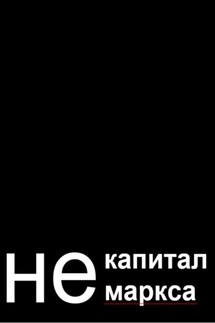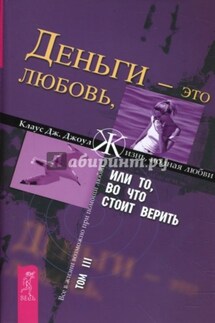The General Theory of Capital: Self-Reproduction of Humans Through Increasing Meanings - страница 28
As the driving force of activity, man is an active power. Man reproduces himself through activities that consist of an immense quantity of actions. Meanings increase in cumulative cultural evolution by being divided, added and multiplied. Human activity accumulates more and more meanings; its starting point and result are man himself (his active power) and the means of his activity. Man and the means of activity together form the means of self-reproduction. The means of activity, in turn, are divided into means of production and means of consumption (consumer articles). In the course of agricultural evolution, the means of production gradually separated from consumer goods, and the experience of appropriating the creations of nature was supplemented by the experience of creating the products of culture.
Illustration 2. Means of self-reproduction
Unlike consumption, production does not aim at satisfying immediate needs, but at satisfying indirect, future needs. Economists traditionally reduce means of activity to goods. According to Carl Menger, lower-order goods aim at satisfying human needs (consumer goods), and higher-order goods (means of production) aim at producing lower-order goods in the future: “Goods of higher order acquire and maintain their goods-character, therefore, not with respect to needs of the immediate present, but as a result of human foresight, only with respect to needs that will be experienced when the process of production has been completed” (Menger 2007, pp. 81-2). In fact, however, means of activity are not reduced to goods, since people consume not only goods, but also evils (both productive and non-productive).
Besides their ability to satisfy human needs (directly as consumer articles or indirectly as means of production), means of activity have in common the fact that they are themselves products of activity. Marx introduced the concept of “abstract labor” in volume I of Das Kapital (1867) to bring all concrete types of activity to a general equivalent so that the quantity of labor can be calculated: “If then we leave out of consideration the use value of commodities, they have only one common property left, that of being products of labor” (Marx and Engels 1975-2004, vol. 35, p. 48).
Marx introduced the concept of “abstract labor” but did not explain what its substance is. Georg Simmel wrote in his The Philosophy of Money (1900) that unlike energy, which is essentially unchanging but can manifest itself in different ways (such as heat, electricity, mechanical motion), different types of labor do not have a general equivalent or substance that would allow comparisons between, for example, “muscular” and “mental” labor. At the same time, Simmel admitted that such an equivalent might exist:
“From the outset I admit that I do not simply rule out the possibility that in the future the mechanical equivalent for the psychic activity will be discovered. Of course, the importance of its content, its factually determined position in logical, ethical and aesthetic contexts is completely separate from all physical movements, roughly in the same manner as the meaning of a word is quite separate from its physiological-acoustic sound. Yet the energy that the organism must expend upon the thought of this content as a cerebral process is, in principle, just as calculable as that necessary for a muscular exertion. If this were to be achieved one day, then one could at least make the amount of energy necessary for a specific muscular exertion a unit of measurement on the basis of which the mental use of energy would be determined. Mental labor would then be dealt with on the same footing as manual labor, and its products would enter into a merely quantitative balancing of value with those of the latter” (Simmel 2004, p. 421).







